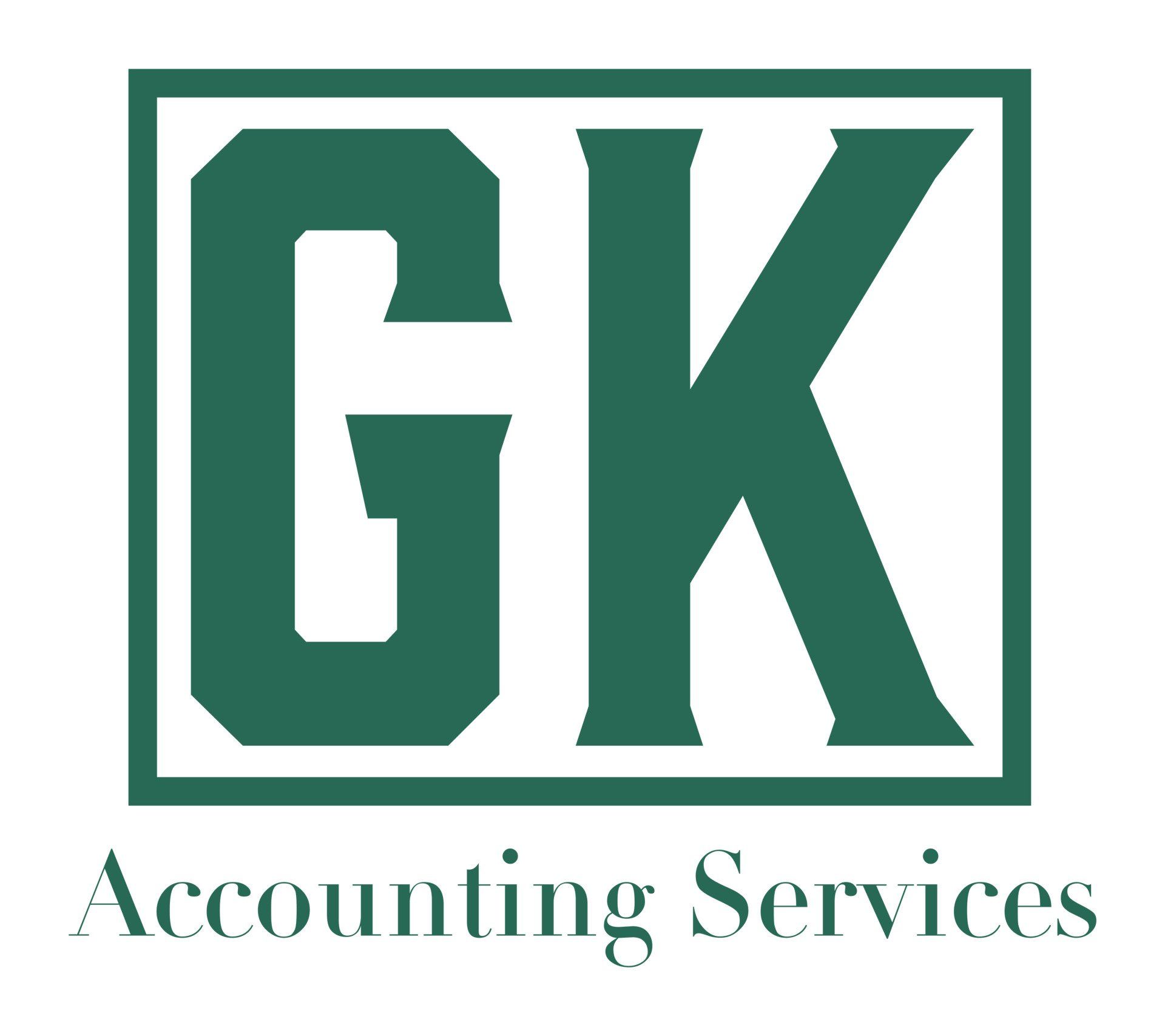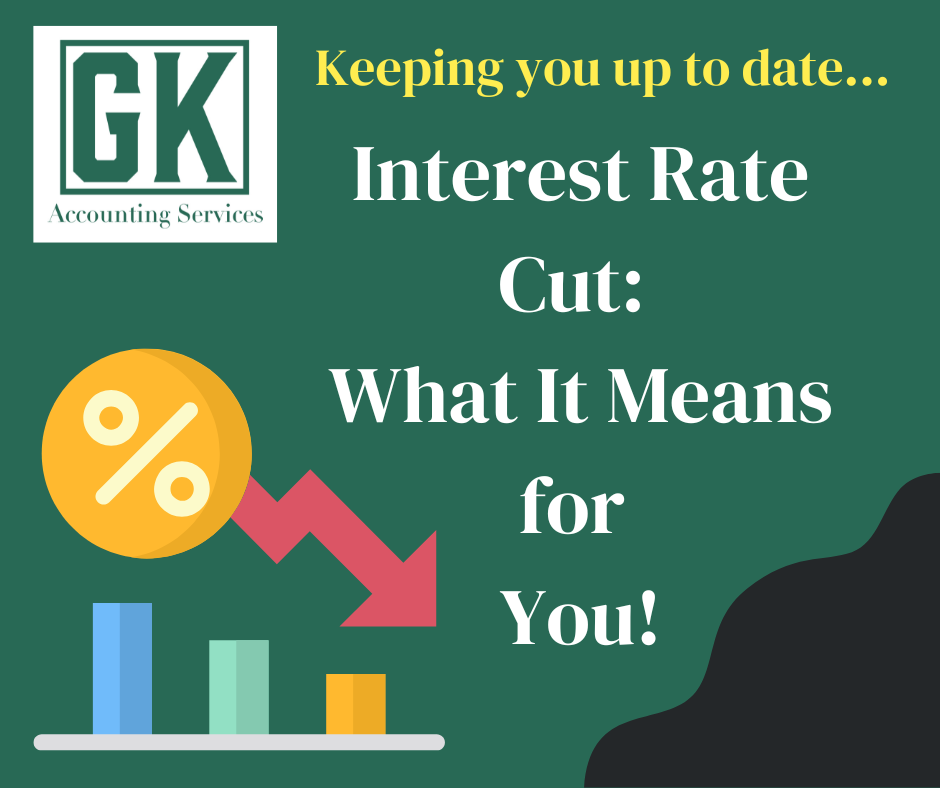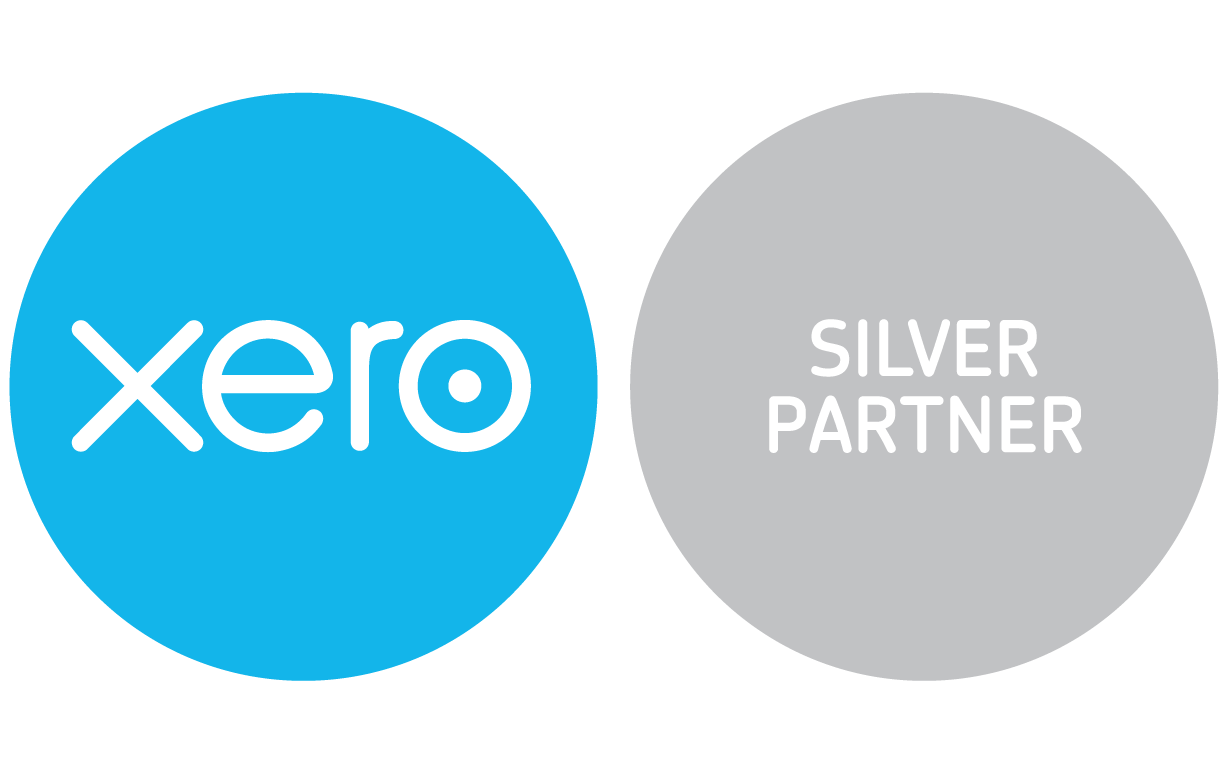Upcoming Changes to the High Income Child Benefit Charge (HICBC)
The High Income Child Benefit Charge (HICBC), introduced in January 2013, applies to taxpayers with incomes exceeding £50,000 per tax year who receive child benefit. As part of the 2024 Spring Budget, the income threshold for HICBC will be increased from £50,000 to £60,000, effective April 2024.
Key Changes:
- Increased Income Threshold: Starting April 2024, the HICBC threshold will rise to £60,000, meaning taxpayers earning between £50,000 and £60,000 will no longer be subject to the charge.
- Revised Charge Rates: The HICBC will be charged at 1% of the full Child Benefit award for each £200 of income between £60,000 and £80,000. For taxpayers with income above £80,000, the charge will equal the amount of Child Benefit received. This adjustment reduces or eliminates the financial benefit of receiving child benefit for higher earners.
- Impact on Families: Approximately 485,000 families are expected to benefit from the increased threshold, easing the financial burden on many households.
Future Changes and Considerations:
- Household Basis Administration: The government plans to shift the HICBC to a household basis rather than an individual basis by April 2026. Currently, a single parent earning over £50,000 is liable for the HICBC, whereas dual-income families earning just under the threshold individually are not.
- Backdated Claims: For new Child Benefit claims made after April 6, 2024, any backdated payments will be treated as if they fall within the 2024-2025 tax year, avoiding HICBC liability for the 2023-2024 tax year.
Claiming Child Benefit:
Despite the HICBC, it is often beneficial to claim Child Benefit as it helps protect certain benefits and ensures your child receives a National Insurance number. You can choose to keep receiving Child Benefit and pay the tax charge or opt out of receiving it to avoid the charge.
For detailed guidance on how these changes may affect you, please contact our team of experts.





